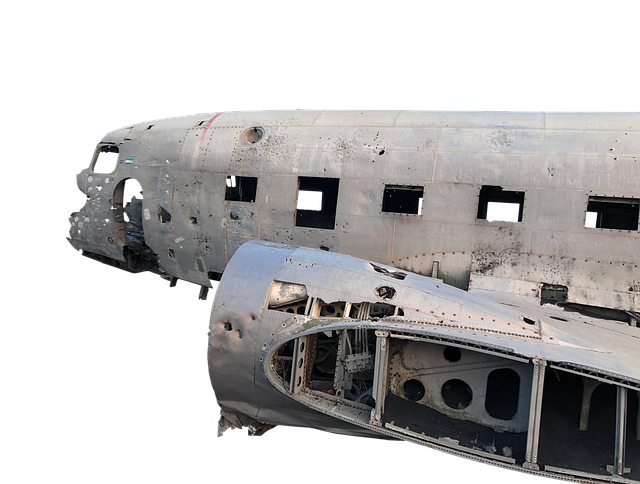When work injuries occur, workers' compensation (WC) provides immediate support but may not fully cover losses. Consulting a qualified lawyer is advisable to explore third-party workplace claims against negligent parties. Evaluating settlement offers requires considering injury impact, future medicals, and legal advice. Rejection should weigh immediate benefits against future needs, with expert consultation for strategic decisions.
Not all workers’ compensation (WC) settlement offers should be accepted without scrutiny. This guide explores when it’s prudent to reject a WC-only settlement, focusing on navigating third-party workplace claims. Understanding WC settlements and evaluating key factors is crucial before deciding. Learn how to assess the offer, consider long-term implications, and protect your rights when dealing with such proposals, especially after sustaining work-related injuries or illnesses.
- Understanding Workers Comp Settlements
- Evaluating the Offer: Key Factors to Consider
- Navigating Third-Party Workplace Claim Rejections
Understanding Workers Comp Settlements

When a worker sustains an injury on the job, they often have two potential avenues for legal recourse: workers’ compensation (WC) and a third-party workplace claim. WC settlements are designed to provide immediate financial support and medical coverage for work-related injuries, regardless of fault. However, these offers may not always fully compensate injured workers for their losses.
Understanding the nuances of WC settlements is crucial. While they ensure access to essential benefits like medical care and wage replacement, they typically cap damages and do not account for certain types of losses, such as pain and suffering or lost earning capacity. As such, it’s wise to consult with a qualified accident lawyer if you’ve suffered a slip and fall or other work-related accident and received a WC-only settlement offer. A truck accident attorney can help assess the value of your case and determine if pursuing a third-party claim against negligent parties beyond WC is feasible and beneficial.
Evaluating the Offer: Key Factors to Consider

When evaluating a settlement offer for a third-party workplace claim, it’s crucial to consider several key factors before making a decision. Firstly, assess the extent of your injuries and their impact on your daily life and work capacity. This includes both physical pain and any long-term limitations or disabilities that may affect your ability to perform job duties. Secondly, look into the potential future medical expenses related to your injuries, as these costs can significantly influence the total compensation you’ll receive.
Additionally, consult with a qualified auto accident attorney or legal expert who specializes in workplace injury cases to understand your rights and the value of your claim. They can help uncover any potential fiduciary duty breaches by the employer or insurance company that may have resulted in an unfair settlement offer. Remember, a slip and fall or other work-related incident might have underlying complexities, so seeking professional guidance is essential to ensure you’re not settling for less than what you deserve.
Navigating Third-Party Workplace Claim Rejections

Navigating a third-party workplace claim can be complex, especially when considering whether to reject a settlement offer. It’s important to remember that while workers’ compensation (WC) provides essential coverage for work-related injuries, third-party claims offer additional financial security. When evaluating a rejection, assess the severity of your injury and potential long-term effects. A personal injury lawyer can help determine if a breach of fiduciary duty has occurred, which could significantly impact your claim.
In cases like slip and fall accidents, for instance, a third-party settlement might cover not just medical expenses but also pain and suffering, lost wages, and even punitive damages if negligence is proven. Rejection should be strategic, weighing the immediate benefits against potential future needs. Consulting with a legal expert can provide clarity and ensure you make an informed decision that aligns with your best interests.
When deciding whether to reject a workers comp-only settlement offer, it’s crucial to understand your rights and options regarding third-party workplace claims. By thoroughly evaluating the offer using key factors like medical expenses, lost wages, and pain and suffering, you can make an informed decision. If you believe your injuries warrant further compensation beyond workers’ comp, navigating a rejection of the initial settlement and pursuing a third-party claim may be necessary. This process requires careful consideration and legal guidance to ensure you receive fair and adequate compensation for your work-related injuries.






